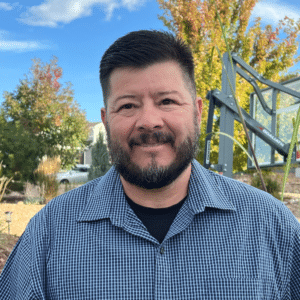It can be a challenging task to help someone with trauma. It requires a generous amount of empathy, patience, and understanding. Trauma is a pervasive mental health issue that affects millions of people worldwide, leaving them feeling isolated and trapped in darkness. As a caring individual, it can be heart-wrenching to witness a loved one struggling with trauma, particularly when they resist seeking help from a counselor. In this blog post, we will explore four practical ideas informed by both scientific and Christian perspectives on how to help someone with trauma.
This information is not designed to provide a diagnosis or replace a clinically excellent Christian counselor.
4 ways to Help Someone with Trauma
1) Listen and Validate
2) Offer Support
Trauma can make even mundane tasks overwhelming and exhausting for those affected. By offering practical support, such as cooking a meal or helping with household chores, we can alleviate some of their burdens. Establishing a routine for them or encouraging them to seek therapy can also be immensely beneficial. Assisting them in finding professional help is an important step in their journey toward healing and recovery, aligning with Christ’s call to serve others selflessly.
3) Practice Patience
4) Educate Yourself
FIND A CHRISTIAN THERAPIST
Research shows that much of the change people experience during their time in therapy is because they felt heard and understood by their therapist–that their therapist “got them” and that the guidance they gave was relevant and applicable. Because of this, it is critical that you find a therapist whom you can connect with, whom you feel comfortable with, whom you feel “gets you.” Therefore, we encourage you to take a few minutes to read a little about each one of our therapists. If you prefer to look at the counselors nearest to you, please click the office location buttons below. Otherwise, you can meet with any of our Christian Counselors online from the comfort of your own home. If you have questions about any of them, please contact us!












